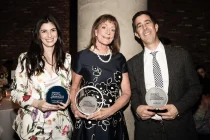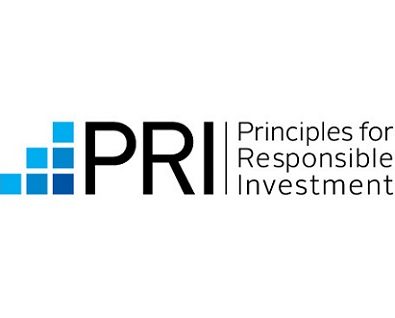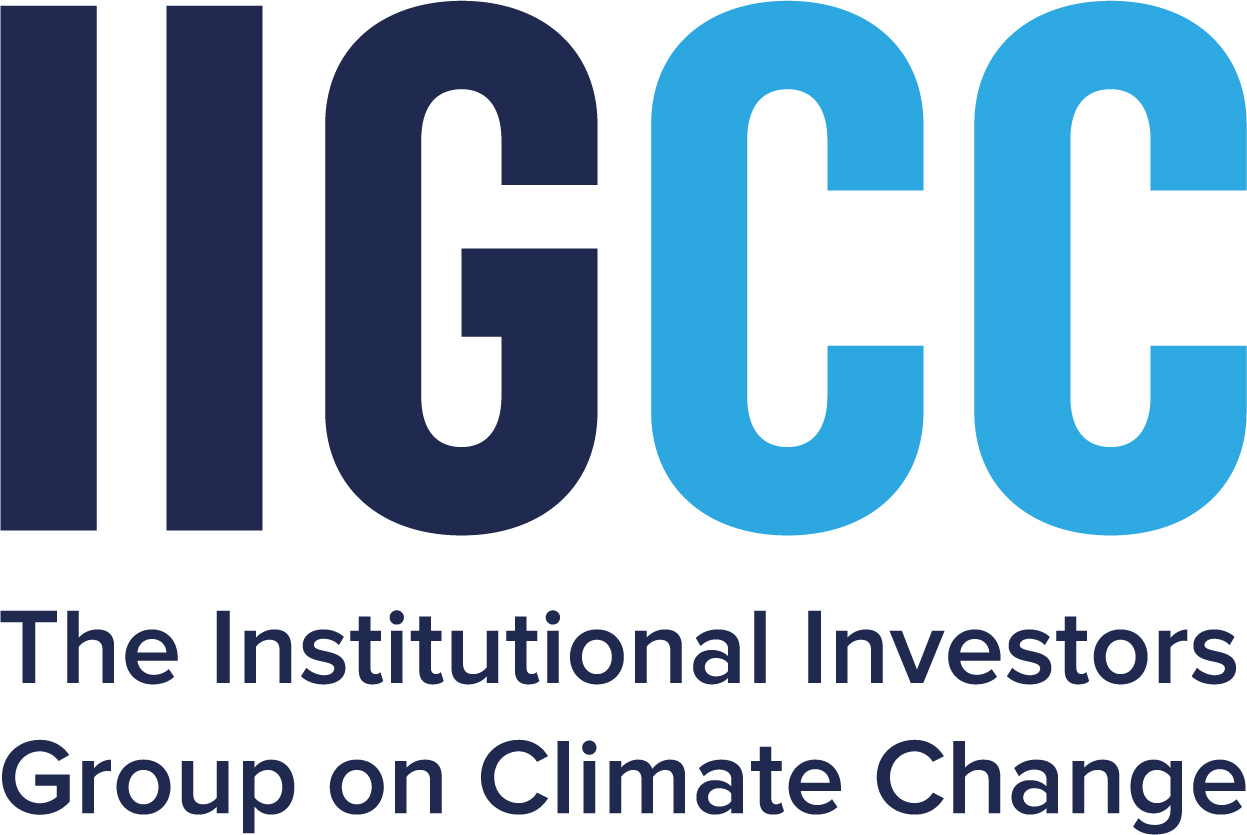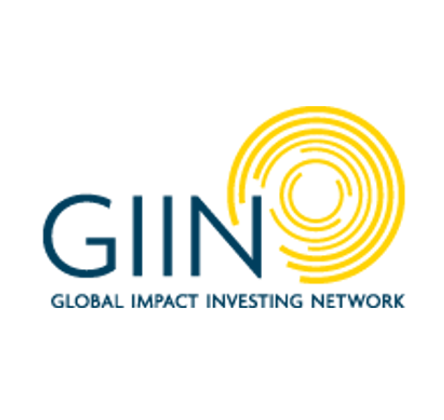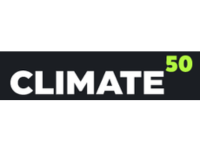DBL portfolio company Ecologic Brands makes the Chronicle of Philanthropy! Ecologic is a phenomenal example of impact investing: the company creates bio-degradable packaging out of recycled materials in a California town that had a high unemployment rate. Through its work (and impact philosophy), Ecologic Brands helps the environment and its community get healthier. The original article in the Chronicle of Philanthropy is here (requires subscription).
The Heron Foundation was founded in 1992 to help people move up from poverty and build wealth in poor neighborhoods. It invests roughly five percent of its endowment a year into causes that help eliminate poverty. Twenty or so years ago the foundation’s board began looking for ways to generate better returns while advancing its mission; the result could be considered one of the earlier versions of impact investing. Heron was even one of the founding entities of a stock index fund comprised of public companies with similar missions: being good employers and giving back to the lower-income communities in which they operate.
Now the F.B. Heron Foundation is betting its entire endowment on the impact model.
In an efforts to eliminate poverty, the New York-based foundation will fully invest its $274-million endowment in the next five years.
“We want to take a more activist posture,” says Clara Miller, the foundation’s president. “We want to know whether the investments we’re making are having a negative impact or a positive impact on the world.”
The foundation recently invested $1‑million in Ecologic Brands, a company that produces environmentally friendly packaging in a California town with unusually high unemployment.
Clara Miller says the F.B. Heron Foundation plans to be around “as long as poverty is a problem that needs to be solved.”
“We’re making financial investments in organizations,” says Ms. Miller. “Some of them are nonprofit, and some of them are for-profit. Our overriding interest is in jobs and systemic change in the economy.”
Foundation interest in impact investing is growing, albeit cautiously. A third of the 211 foundations that grant $5 million or more have reported making impact investments, and 23 percent say they’re considering doing the same.
Heron’s investment in Ecologic Brands follows exemplifies its new model. Ecologic is based in Manteca, Ca., a small town with higher than average unemployment. What attracted Heron to the company was its growth potential and founder’s employee-centric approach to jobs–training her workers to improve their skills to increase their income. The company’s products, environmentally friendly packaging inserts for products such as laundry detergent, are finding an enthusiastic audience as more “green” industrial efforts are becoming mainstream.




